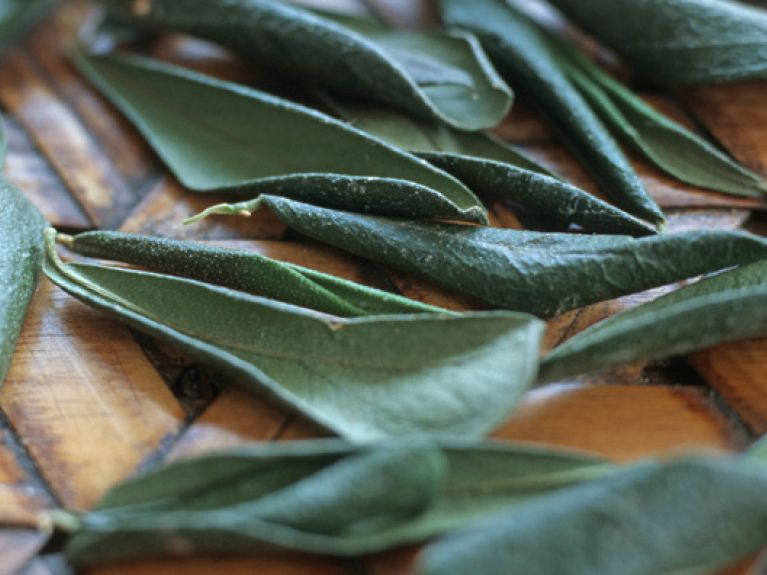Working for a world without waste
Three examples of products from Germany that generate no waste.

Cradle to Cradle involves more than just recycling. The concept was developed by the German chemist Michael Braungart and envisages products that can continuously go through cycles of use and re-use. Three examples from Germany:
Woodcube – house made of solid wood
There is enough space for eight apartments in the wooden cube that a team of architects and engineers in the deepGreen network built for an international building exhibition in Hamburg. The five-storey housing block in the Wilhelmsburg district consists almost entirely of wood. Because no chemicals were used, the building is completely biologically recyclable and free of dangerous substances. As a result, it is also good for residents’ health. Its climate footprint is also favourable: its construction emitted 8,500 tonnes of carbon dioxide less than the construction of a conventional building.
http://deepgreen-development.com/
Tanning agent from olive leaves
Olive leaves are considered a waste product of the olive harvest in southern Europe. Reutlingen-based company Wet-Green has developed a technique for tanning leather with active ingredients in the leaves. Tanning is an important process for keeping animal leather soft. Until now the leather industry has relied on mineral tanning with chrome. But that has disadvantages: chrome mining damages the environment, the processing chain can cause cancer among workers and excessive chrome content can be harmful to human skin. The first companies, such as BMW, are already using the eco-leather in the interiors of their cars.
Compostable T-shirts
Old T-shirts either end up in the waste bin or a charity clothes collection. At least, that was the case until now. T-shirts made by Swabian clothing firm Trigema, on the other hand, can completely break down into soil on the compost heap over time. The T-shirt in the Cradle-to-Cradle collection consists 100% of cotton and contains no pesticides or fertiliser residues. The fibres were spun into thread with natural paraffin and the dyes used are not only compostable, but also skin- and environment-friendly. The T-shirts, which are a little more expensive than conventional models, are therefore not only good for the environment, but also an alternative for allergy sufferers.
www.trigema.de/cms/Cradle-to-Cradle/
Earth Day on 22 April 2015 under the Cradle to Cradle motto

